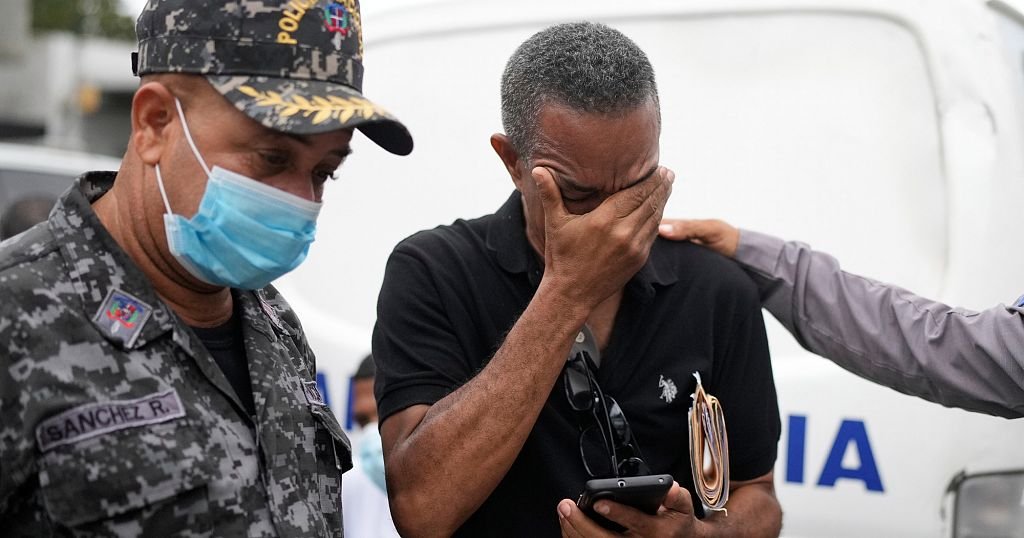Africa
After 53-hour search, families await answers in Dominican nightclub collapse

Relatives continued to gather outside the Dominican Republic’s forensics institute on Friday to demand the release of their loved ones’ bodies.
Amid complaints of a foul odor, many wore face masks as they studied screens displaying the names of victims in different colors.
Names shown in black indicated that the bodies were ready for release but had not yet been claimed, while those in green indicate that relatives had identified the bodies.
Under a tarp, government officials met with family members, who presented official documents to retrieve the remains of their loved ones.
Exhausted, some people expressed frustration over the slow process, while others—like Rosa Eridania Reyes, who was waiting for the body of the father of her two children and a security guard at the Jet Set Disco—voiced anger, demanding accountability.
“Do only celebrities have mourners? Employees have mourners, too; they are fathers and mothers of families as well,” said Reyes.
The tragedy at the legendary Jet Set Nightclub in Santo Domingo has plunged the Dominican Republic into mourning.
Authorities say the disaster, which occurred early Tuesday, killed 221 people and injured more than 200 others.
Nearly two dozen people remain hospitalized, several in critical condition.
While authorities say it is still too early to determine the cause of the roof collapse, the government has formed a technical team to investigate.
By late Wednesday morning, the director of emergency operations announced that crews had completed their search for victims and potential survivors after working for 53 consecutive hours.
By Friday morning, the frantic activity seen around and inside the nightclub over the past three days had come to an end.
Images of the nightclub’s interior showed it cleared of debris from the collapsed roof, though some furniture remained eerily intact.
Outside, a few flowers and messages of condolence lay drenched by the rain.
